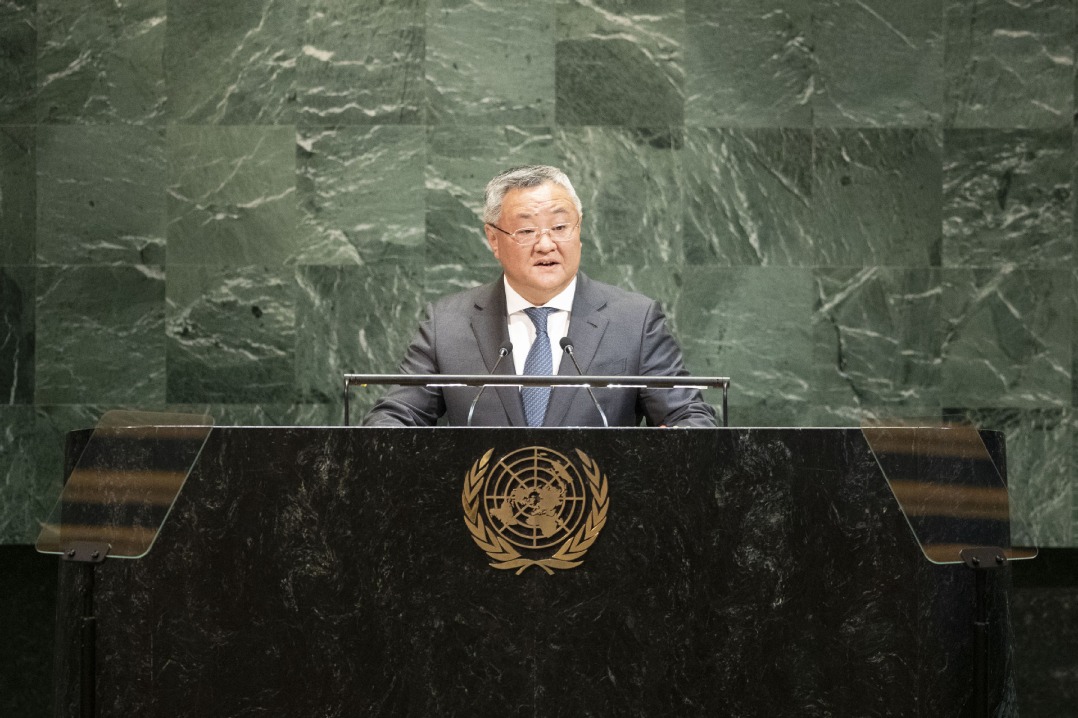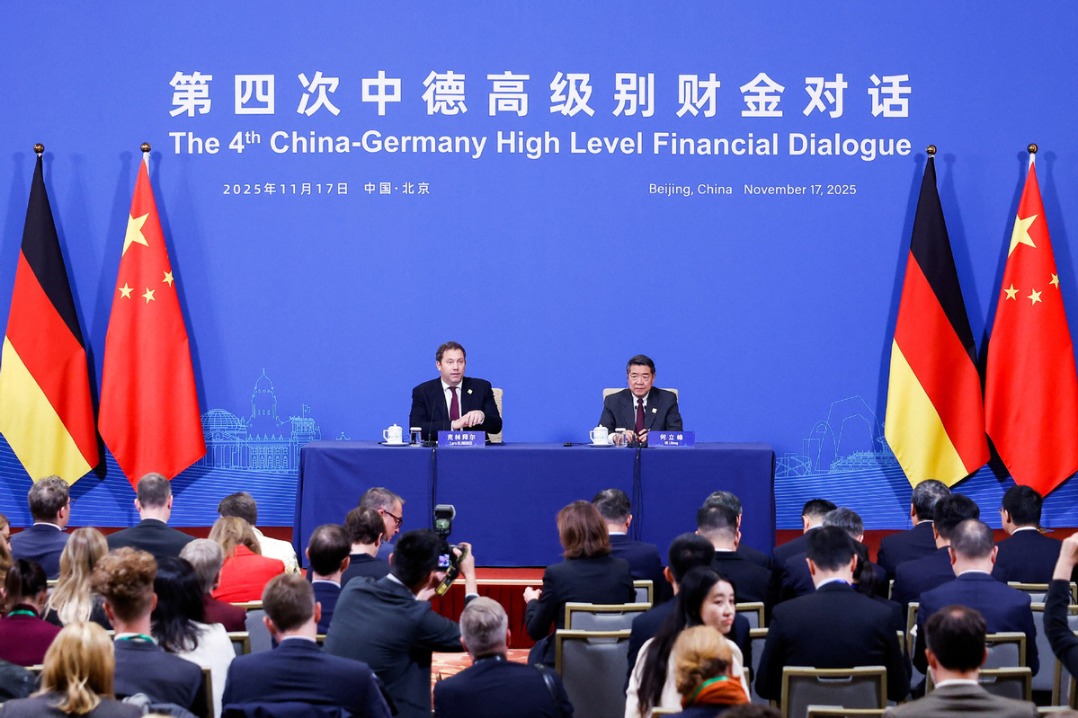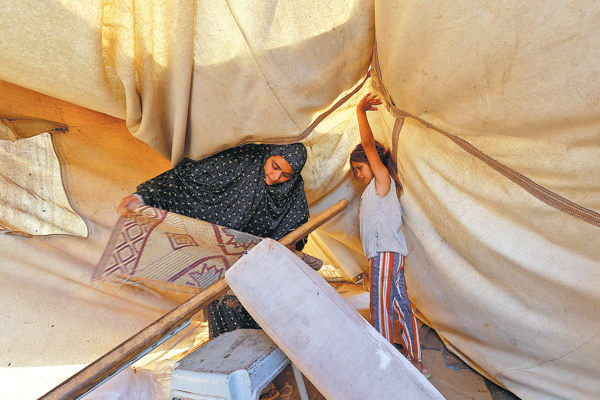Expansion would boost group's global status
By Shakeel Ahmad Ramay | China Daily Global | Updated: 2023-08-23 09:35

The world is desperately looking for avenues and options that can help to combat multiple and multifaceted challenges.
Economic recovery is still a challenging task after the shock of the COVID-19 pandemic. Bad news regarding the Ukraine crisis is aggravated by United States-led NATO's push for continuity of the conflict. The United States itself is struggling with debt problems, as are some other economies, with the US keen to increase the federal government's $31.4 trillion debt ceiling.
On top of everything, climate change is thrashing continents with disastrous fires, floods and storms and is threatening the very existence of the planet Earth.
Attempts to shift the burden of action on development are also complicating the situation.
In a nutshell, the world is looking for stability, which gives the ongoing 15th BRICS Summit more attention.
Perhaps the most important discussions at the summit, being held from Tuesday to Thursday in Johannesburg, South Africa, will focus on BRICS' policy for expansion of membership and desire to play a more prominent role at the global level.
To play a global role and make the world more equitable, and promote peace and sustainable development, BRICS — the grouping of the major emerging economies of Brazil, Russia, India, China and South Africa — will have to bring about fundamental changes in its structure and how it works.
First, there is a need for expansion of BRICS. More than 20 countries have shown an interest in joining the group, although India's hesitation on expansion is not a good omen for the BRICS Summit.
It is perceived that a delay in expansion would dilute the charm of BRICS among countries of the developing Global South, as they might consider BRICS to be an exclusive club of big peer economies. This could degrade BRICS' status as a voice of the Global South.
Second, BRICS will have to create mechanisms to maintain harmony among its members, which represent multiple civilizations. Moreover, member countries of BRICS also have different economic and governance models.
Third, BRICS will have to look for an alternative currency that can be used as a reference currency for future transactions, as dependency on the US dollar, which the US and the West have weaponized, is not a good option.
Fourth, BRICS needs to create formal mechanisms and avenues to share its good fortune with others. It is suggested that after the expansion, BRICS should look for opportunities to negotiate a free-trade agreement. BRICS could also discuss the possibility of establishing special economic zones for member countries.
All these reforms would strengthen the status, voice and role of BRICS at the global level for a better and equitable world. They also would promote the agenda of global reform by adhering to the principles of respect, values, dignity, justice and people-centric governance. Furthermore, they would help end the hegemony of a few countries.
The author is CEO of the Asian Institute of Eco-civilization Research and Development in Pakistan. The views do not necessarily reflect those of China Daily.
























